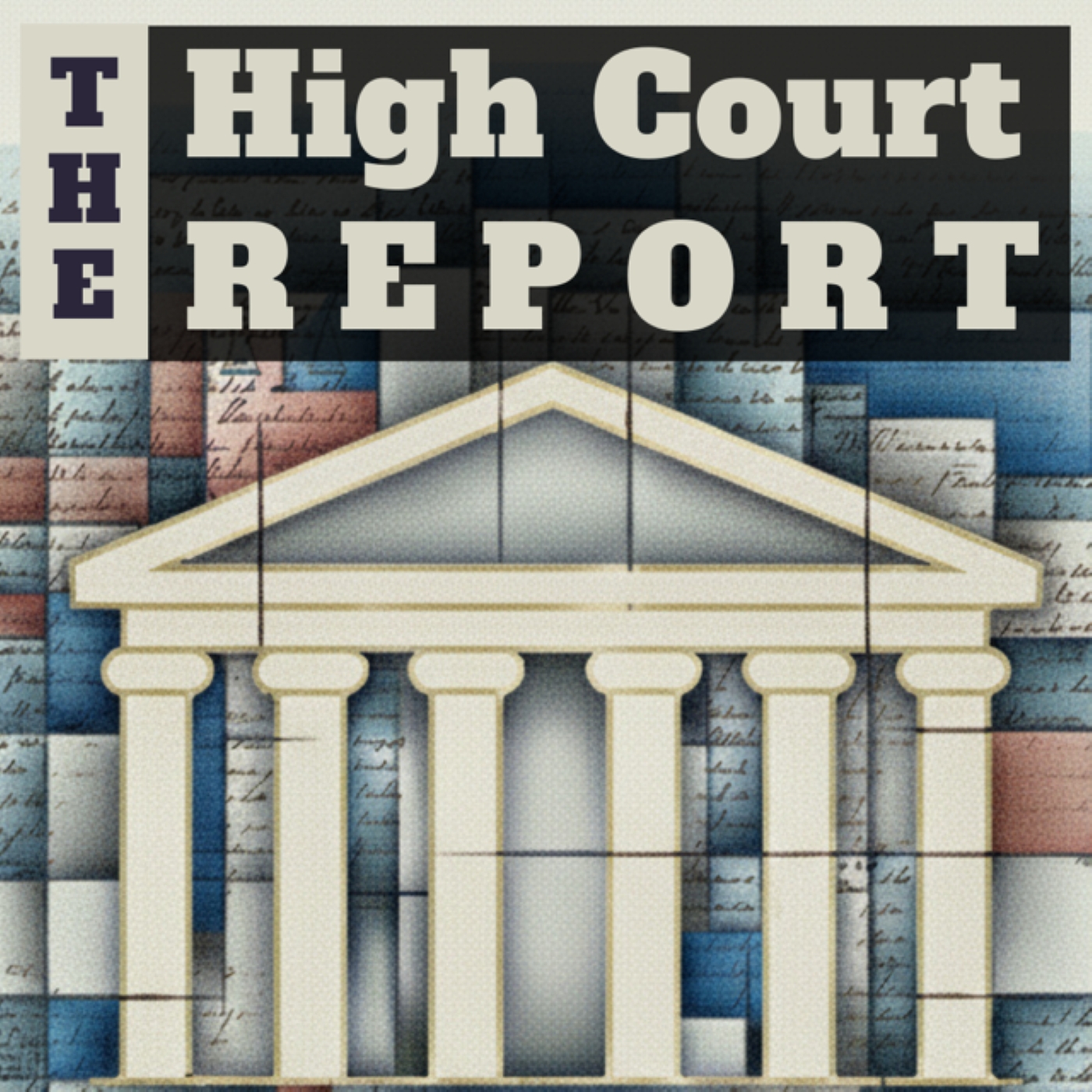Oral Argument Preview | Postal Service v. Konan | Dictionary Duel Over "Loss," "Miscarriage," and Government Liability
Podcast: SCOTUS Oral Arguments and OpinionsPublished On: Thu Sep 25 2025
Description: Postal Service v. Konan | Case No. 24-351 | Oral Argument Date: 10/8/25 | Docket Link: HereEpisode OverviewThis episode examines United States Postal Service v. Lebene Konan, a Supreme Court case that asks whether the federal government has immunity when postal employees intentionally refuse to deliver mail as part of a campaign of racial harassment. The case centers on the interpretation of the Federal Tort Claims Act's "postal exception" and whether terms like "loss" and "miscarriage" cover intentional wrongdoing or only negligent acts.Episode RoadmapOpening: A Deceptively Simple QuestionCan you sue the federal government when postal workers intentionally withhold your mail?The answer hinges on the Federal Tort Claims Act's postal exceptionCore tension between remedy for wrongs vs. government immunityLegal Framework: The Federal Tort Claims Act28 U.S.C. § 2680(b): Exception for claims arising from "loss, miscarriage, or negligent transmission" of mailKey interpretive battle: Does "negligent" modify only "transmission" or all three terms?Government argues broad immunity; plaintiff argues narrow exceptionThe Facts: Alleged Racial Harassment CampaignLebene Konan: Black realtor and landlady in Euless, TexasTwo-year campaign by USPS employees Raymond Rojas and Jason DrakeAllegations: Changed postal records, changed mailbox locks, refused mail deliveryOver 50 administrative complaints filed; Inspector General investigation ordered deliveryProcedural JourneyDistrict court: Dismissed under postal exceptionFifth Circuit: Reversed, held "loss" and "miscarriage" imply unintentional actsSupreme Court granted certiorari to resolve circuit splitGovernment's Arguments"Miscarriage" = broad failure to arrive (Webster's 1940s definition)"Loss" = deprivation, regardless of intentStructural argument: FTCA uses "loss" to cover intentional acts elsewherePolicy concern: Flood of litigation if intent mattersKonan's Counter-Arguments"Miscarriage" = mail mistakenly delivered to wrong place"Loss" = destruction or misplacement, both inherently accidentalStatutory structure shows Congress concerned only with negligence"Negligent transmission" proves Congress knew how to limit scope when intendedBattle of the DictionariesGovernment relies on neutral 1940s definitions from Webster's SecondKonan cites specific legal definitions and Oxford English DictionaryCompeting interpretations of what "loss" and "miscarriage" historically meantLooking Ahead to Oral ArgumentsHow will Justices react to competing dictionary definitions?Will practical consequences (floodgates) persuade the Court?Strange incentive structure if government immune for intentional but not negligent actsReferenced CasesDolan v. USPS | 546 U.S. 481 (2006) | Docket LinkQuestion Presented: Interpretation of FTCA postal exception termsOverview: Supreme Court precedent that both parties cite for their competing interpretations of "miscarriage" in the postal exception context.Key Legal Concepts ExplainedFederal Tort Claims Act...
The note was deleted
The note was saved
Your message was sent
